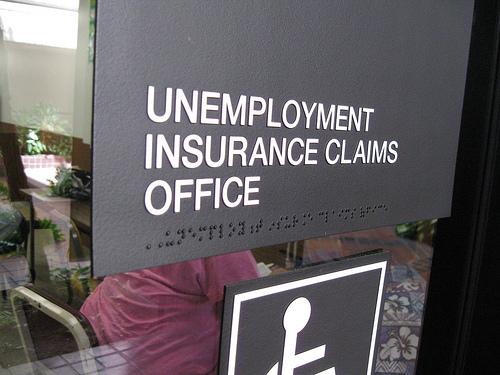An Assembly committee passed a bill Tuesday that would elevate the consequences unemployment insurance fraud offenders face.
The bill, proposed by Rep. Samantha Kerkman, R-Salem, and Sen. Chris Kapenga, R-Delafield, would raise the penalties for unemployment insurance fraud in an attempt to make penalties uniform across the state.
The current punishment for unemployment insurance fraud is a maximum penalty of a $500 fine or imprisonment for 90 days, Kerkman said. The bill would make the maximum punishment a fine of $10,000 and up to nine months of imprisonment.
“To me [unemployment insurance fraud] is theft,” Kerkman said. “Whether it’s unemployment fraud or you steal from the system, or if you steal from an employer in another way, it’s all theft, and the penalties should be the same.”
According to a report by the Wisconsin Audit Bureau, $86.3 million were lost between 2013 and 2014 due to intentional unemployment insurance fraud. The Wisconsin Audit Bureau reported an additional $61.8 million lost due to unintentional unemployment insurance fraud.
Kerkman said the total number of fraudulent unemployment insurance cases was 66,000. From this, 44,000 cases were one-time offenses that led to a loss of $86.3 million, Kerkman said.
“It’s upsetting because there are people out there that really need unemployment [insurance] because they are unemployed and they can’t get it,” Kerkman said.
According to the Wisconsin Department for Workforce Development, there are multiple ways to detect unemployment insurance fraud. The DWD cross references social security records and transportation records and also reviews a person’s work history and employer wage files.
Lauren Dresser, Center on Wisconsin Strategy associate director, said a common misconception is all people who are unemployed receive unemployment insurance. This is not true as a person can only be called unemployed if he or she is laid off, Dresser said.
Fear of fraud may damage the unemployment insurance program because it makes it less accessible to people in need, Dresser said. Only about 40 percent of the unemployed population receives unemployment insurance at any given time, she said.
“My impression is that fear of fraud really feels more like a way to diminish these programs and make them less available to people that actually need them,” Dresser said.
Kerkman said a recent example of unemployment insurance fraud involved a nurse who claimed unemployment while working for Milwaukee Veterans Affairs, Kerkman said. The nurse collected $43,000 from unemployment insurance while she had a job that paid more than $70,000. As penalty, the nurse must pay $12 a week until the damages are recovered, which will not be possible in her lifetime, Kerkman said.
Kerkman said she believes an increased punishment will help ensure those who need unemployment insurance receive it.
“We are fixing the unemployment system so that people who really need to use the system have it available to them and are not hindered from using it because of people who are abusing the system,” Kerkman said.
The Senate Committee on Labor and Government Reform held a public hearing for the bill in January and will vote on it next.













